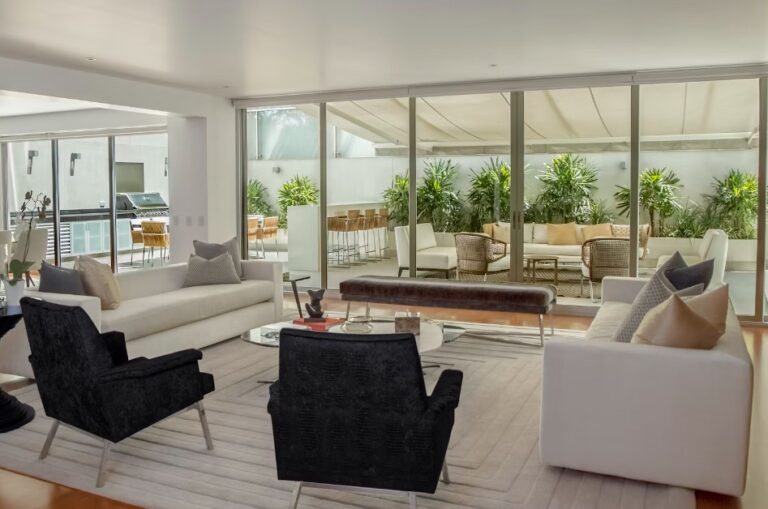Cooling your home without air conditioning is possible: let’s find out how to stay cool without air conditioning, for the benefit of our finances, for the good of the environment and also for our health, which is often put in danger by the immoderate use of air conditioning.
Table of Contents
Tips for cooling your home naturally
When summer arrives, a timeless topic of conversation comes back to the fore: the heat. What to do? To cool the house many people resort to air conditioning.
But, if your ecological conscience forbids it, if you don’t have an air conditioner, or if you have one but want to use it little or not at all, for both ecological and economic reasons, it doesn’t mean that you have to resign yourself to gasping.
Here are some tips for living without an air conditioner, starting from the simple remedies to put into practice immediately, up to the measures that will make your home cooler in the future.
Cooling your home without air conditioning: the basic rules
These are tips that sometimes seem obvious, but they are all important for keeping cool without an air conditioner.
Close the windows
You read that right: close the windows, not just those exposed to the sun. It may seem counter intuitive, but when it’s very hot outside, an open window risks increasing the temperature inside.
Instead, keep the windows wide open during the night to circulate fresh air, closing them in the morning together with shutters, to reopen them after sunset.
You can also place balcony plants on the windows. They will absorb some of the heat produced by the sun. Shielding interiors from direct sunlight is the most important rule: shade is our main ally in this endeavor.
Use fans in a targeted manner
If you really can’t give up fans, use them strategically: place them relatively close to you to keep them at a minimum, turn them off when you leave the room.
The rules in the kitchen
This, however, is intuitive: avoid using the oven and cooking foods that require long cooking times. Instead, take advantage of the microwave if you have it.
It may seem silly because when it’s hot the last thing you want to do is start cooking, but the advice is not to use the oven to prepare meals and limit the use of the stove to a minimum.
Watch out for the lights
Turn off lights, especially traditional incandescent bulbs, which produce a lot of heat. All electronic instruments, even if left on stand-by, produce a minimal amount of heat: one more reason, in addition to energy saving, to turn off and unplug all the appliances you are not using.
Home insulation
Insulate your home to limit the penetration of heat from the surface on which the sun shines. If you have many ventilation ducts, close any unnecessary ones, especially if they open onto sunny exterior walls.
Think of a green roof
The use of a vegetal covering on the roof, and also on the vertical walls, allows for energy savings. In fact, it improves the thermal insulation of the roof, and in summer limits the heat that penetrates through the surfaces of the building. The new systems overcome infiltration and humidity problems.
Plant trees strategically
If you have a garden, plant trees strategically. Let nature help you tolerate the heat and reduce your bills. Trees and coppice plants placed along the east and west walls of your house will produce the desired shade in summer, while in winter they will let the sun’s rays pass through. In general, having plants on terraces and balconies helps to absorb external heat.
Read also: The green materials that will build the homes of the future












